According to Bild , the German military is said to be preparing for a direct military confrontation between Russia and NATO. At the same time, it has also built a hypothetical scenario of conflict between hundreds of thousands of Russian and NATO troops fighting around the Baltic region in the summer of 2025.
Also according to this scenario, NATO countries do not want to continue supporting Ukraine and Russia seizes the opportunity to wipe out Kiev forces in the spring of 2025. Next, Russia expands military operations to the Baltic countries through hybrid warfare.
According to the German military, the Suwalki Corridor - a 100km strip of land between Poland separating Belarus and Russia's Kaliningrad exclave - would be at the centre of a Russia-NATO military confrontation if it were to occur.
However, the German Defense Ministry later said that the above scenario was based on other situations, even if they were unlikely to happen. At the same time, it emphasized that this was only part of the German military's training program against threats from Russia.
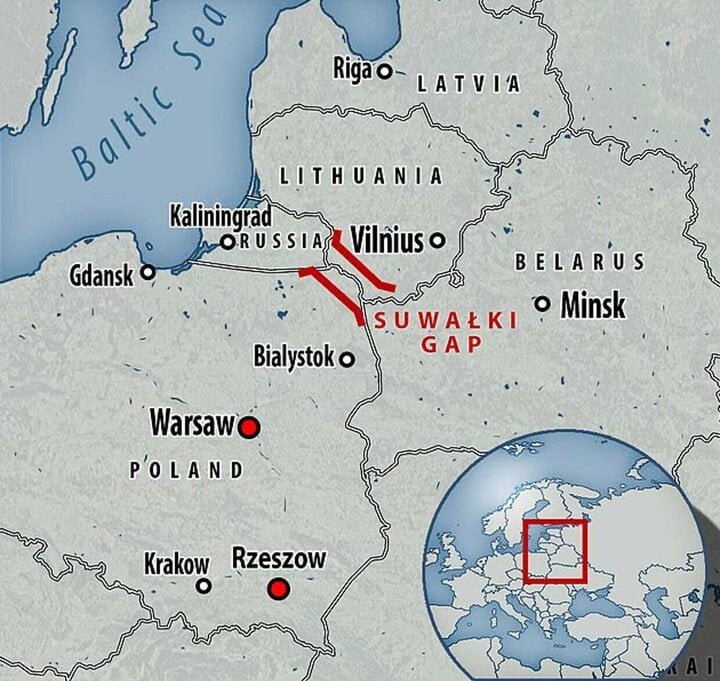
The German military believes that the Suwalki Corridor - a strip of land between Poland that separates Belarus and Russia's Kaliningrad exclave - would be at the heart of a Russia-NATO military confrontation if it were to occur.
“Ambiguous tactics”
The German military’s fears of a “Russian aggression against NATO” in Suwalki are not new. In fact, NATO military officials have been making similar statements since 2015, after the Pentagon first began warning that Russia could try to take control of Suwalki, thereby cutting off the Baltics from Poland and the West.
However, the US and NATO member countries have never provided evidence of Russia's ability to conduct military operations in Suwalki.
Not stopping there, in 2017, the Wall Street Journal continued to mention the possibility that Russia wanted to control the Suwalki corridor. However, Russian military expert Yevgeny Krutikov said that the “fear” of Suwalki was a product of NATO’s imagination.
According to Krutikov, most of the Suwalki area consists of forests, lakes and swamps, including a national park, and the area does not have any national roads. Krutikov stressed that driving a tank through the Suwalki forest is impossible.
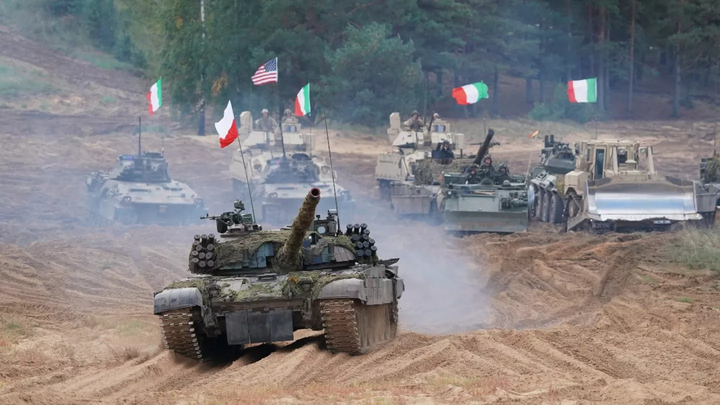
Russian military experts say it is impossible to drive tanks through the swamps of Suwalki.
NATO still haunted by Suwalki
In 2024, the Suwalki Passage is once again on the minds of Western military planners as a potential flashpoint for conflict between the two sides. Tactical ambiguities aside, Moscow’s attack on NATO member Poland in any form would be a strategic mistake, while the Baltic states of Lithuania, Latvia, and Estonia would also be drawn into the war.
Such a military action would lead to World War III.
The Russian military has demonstrated its ability to confront even NATO in the conflict in Ukraine, with troops, equipment and weapons production capacity far superior to Kiev’s Western-trained, armed and funded military. However, the conflict is confined to Ukraine and NATO has not been directly involved.
That said, a direct confrontation with NATO would be disadvantageous for Russia, with the alliance having more than four times the total number of troops, three times the paramilitary forces, five times the aircraft, six times more armored vehicles and 3.5 times the number of warships.
Under NATO's Article 5, members are required to defend each other in the event of an enemy invasion, at least in theory, with the obligation to deploy weapons including nuclear weapons, if necessary.
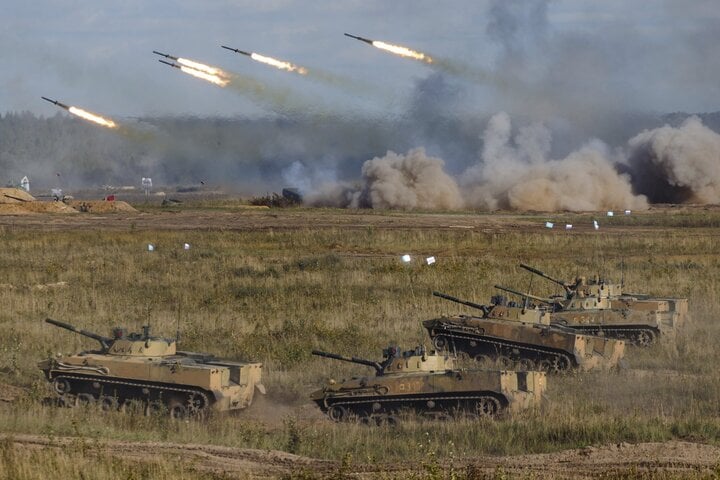
Russia clearly understands that it will face many disadvantages if it engages in direct military confrontation with NATO.
That, combined with Washington's policy toward nuclear weapons deployment (which includes allowing the use of nuclear weapons in preemptive strikes and even against non-nuclear-armed opponents), means that a Russian attack on the Baltics would very likely push humanity toward nuclear war, something Russian political and military leaders have repeatedly shown they have no interest in.
“NATO cannot help but understand that Russia has no reason, no interest, no geopolitical, economic, political or military interests to confront NATO countries,” President Vladimir Putin said in an interview with Russian media in December 2023.
President Putin also reiterated that Moscow and NATO have no territorial claims against each other, stressing that Russia prefers peaceful coexistence rather than confrontation with NATO members.
Perhaps if NATO had spent more time listening to what the Russian president had to say and kept its promise not to expand eastward, the German military would not have to worry about a conflict with Moscow.
Tra Khanh (Source: Sputnik)
Source




![[Photo] Looking back at the impressive moments of the Vietnamese rescue team in Myanmar](https://vstatic.vietnam.vn/vietnam/resource/IMAGE/2025/4/11/5623ca902a934e19b604c718265249d0)
![[Photo] "Beauties" participate in the parade rehearsal at Bien Hoa airport](https://vstatic.vietnam.vn/vietnam/resource/IMAGE/2025/4/11/155502af3384431e918de0e2e585d13a)


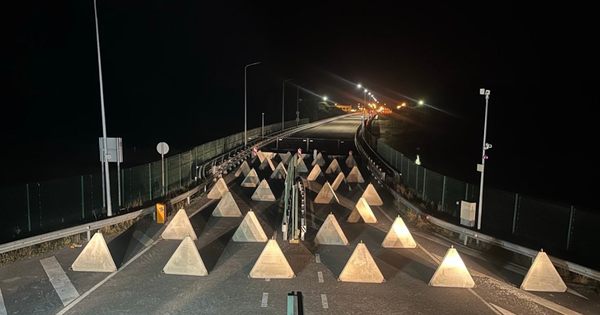

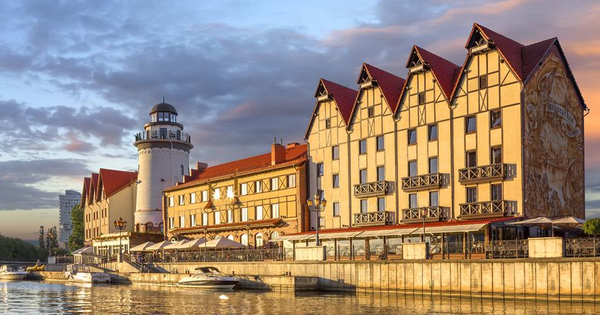
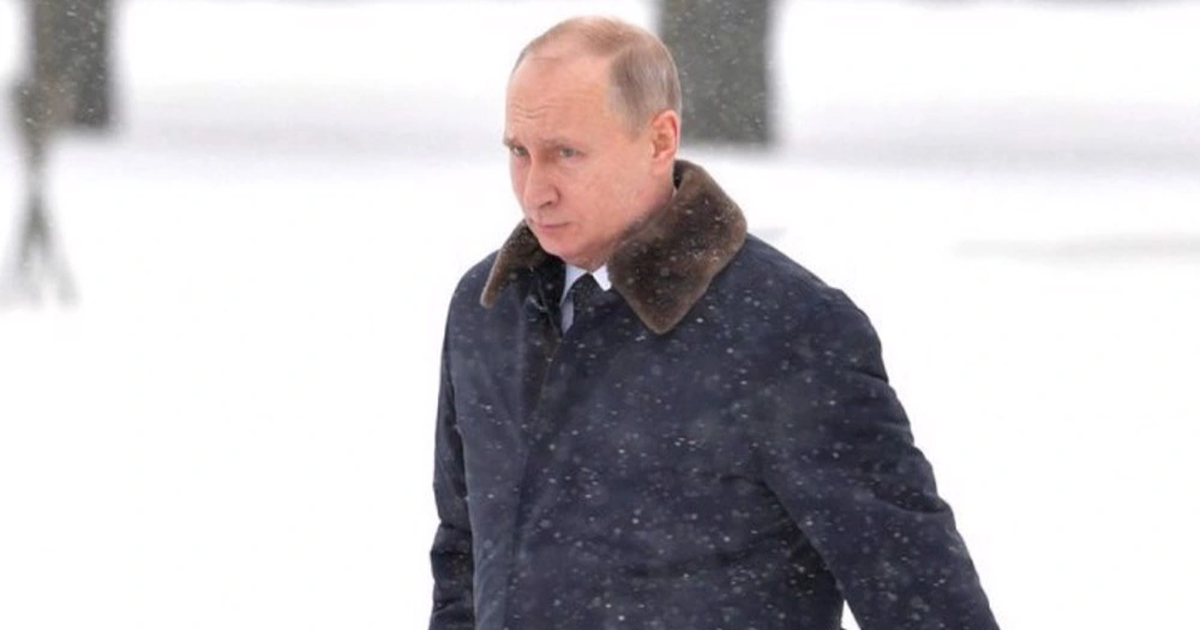

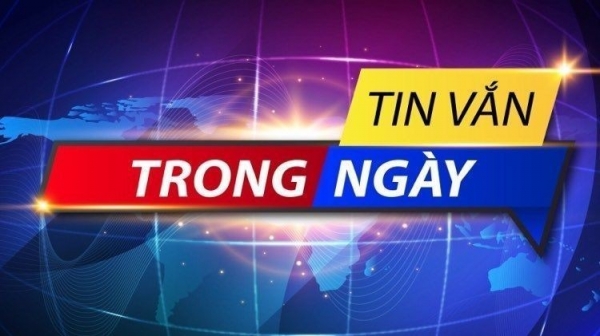

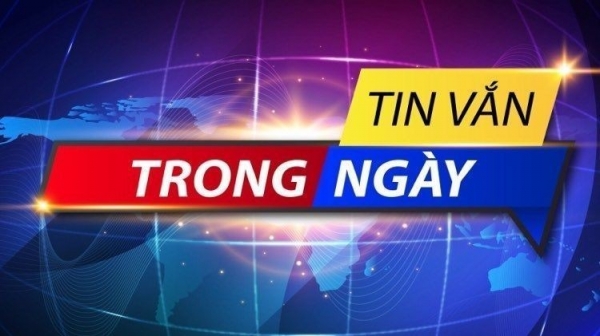
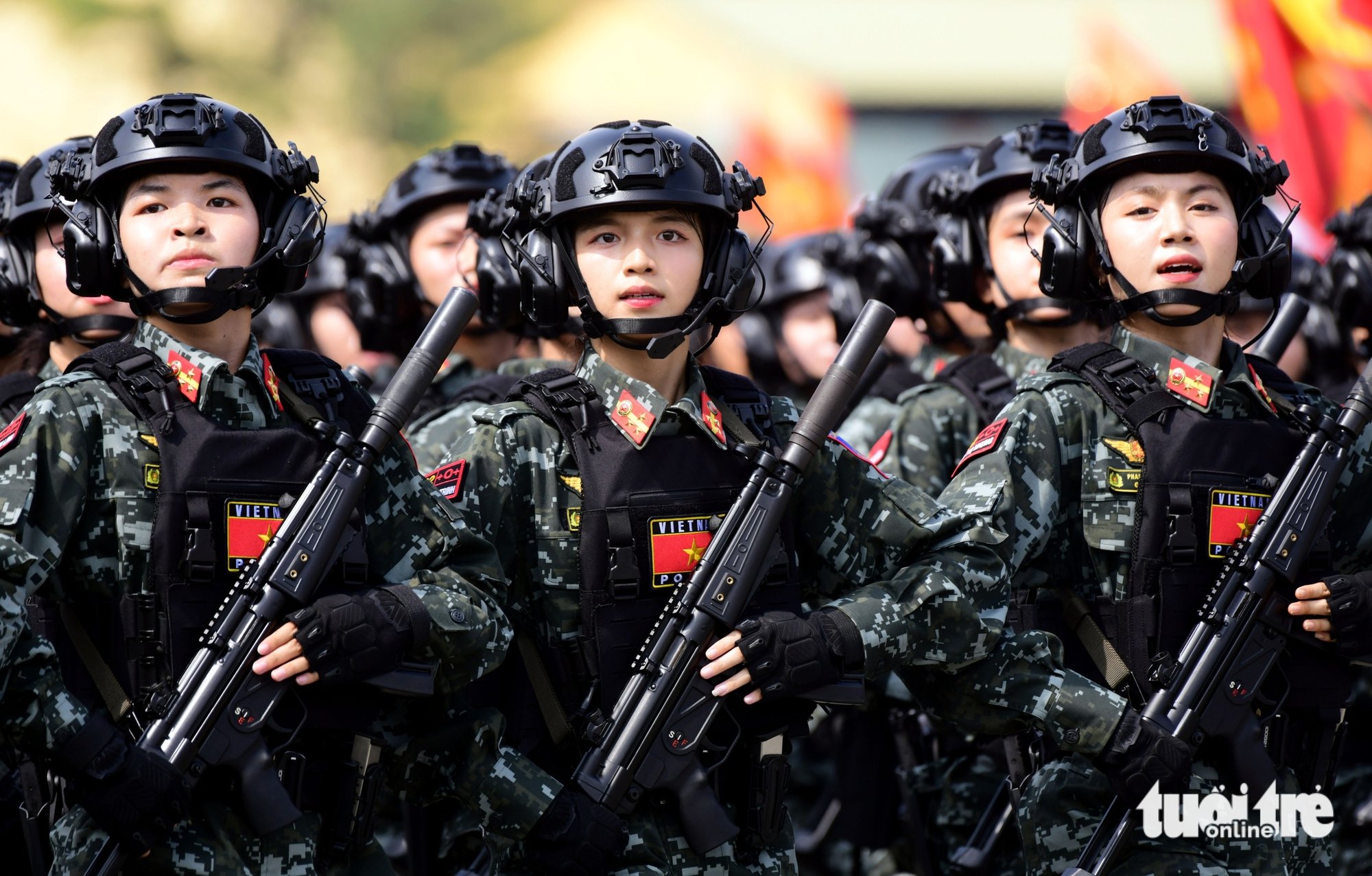

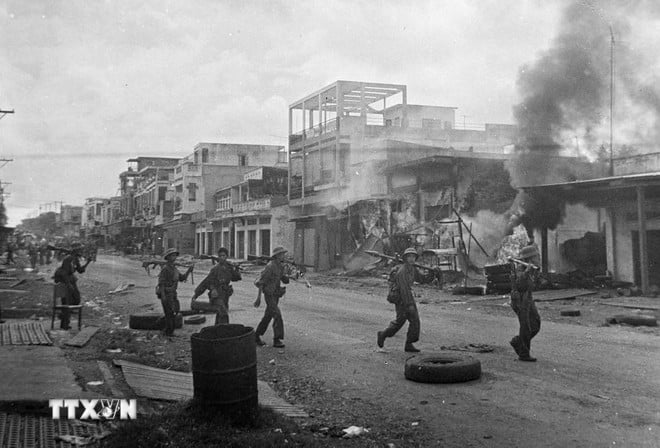

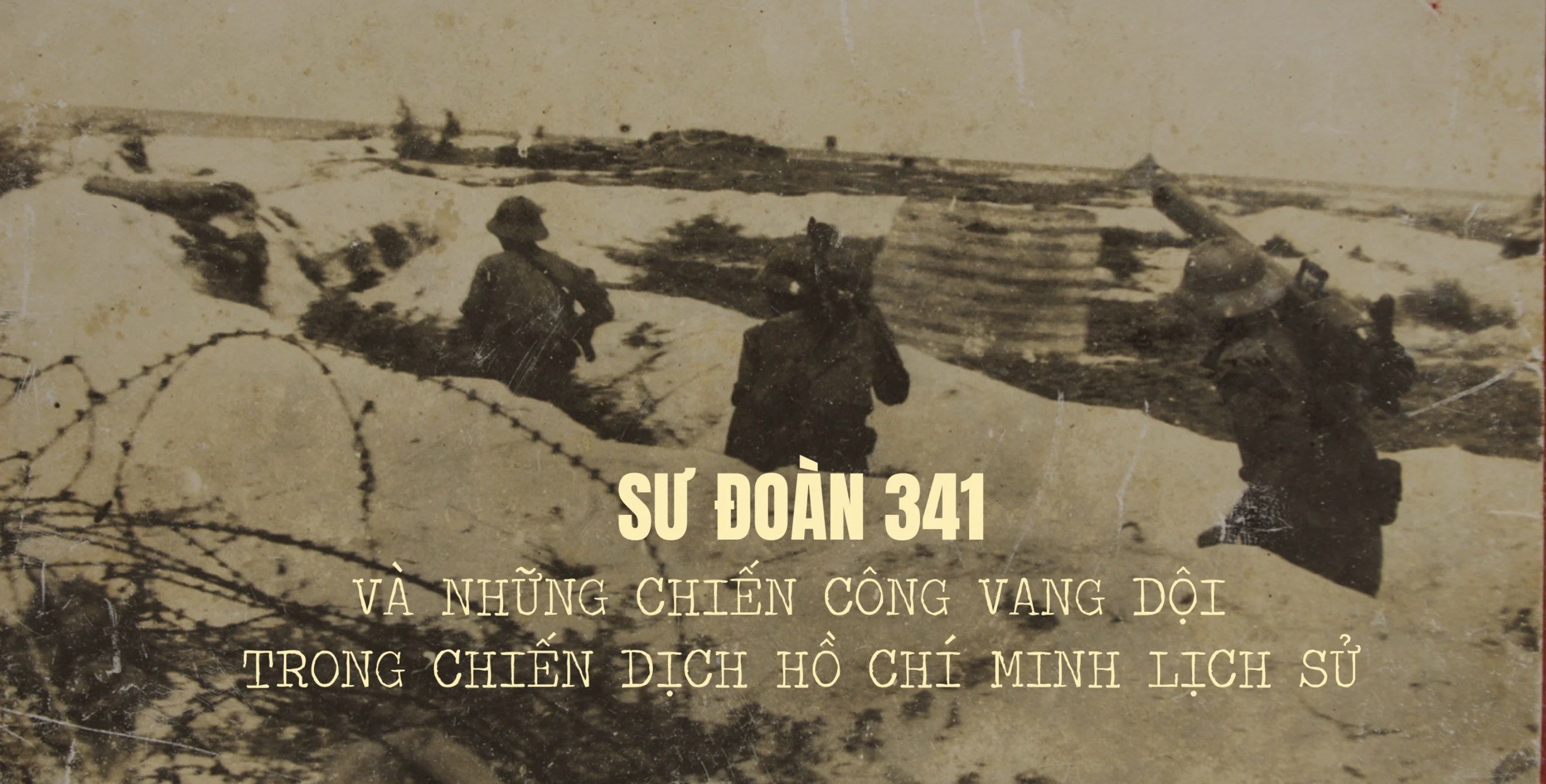
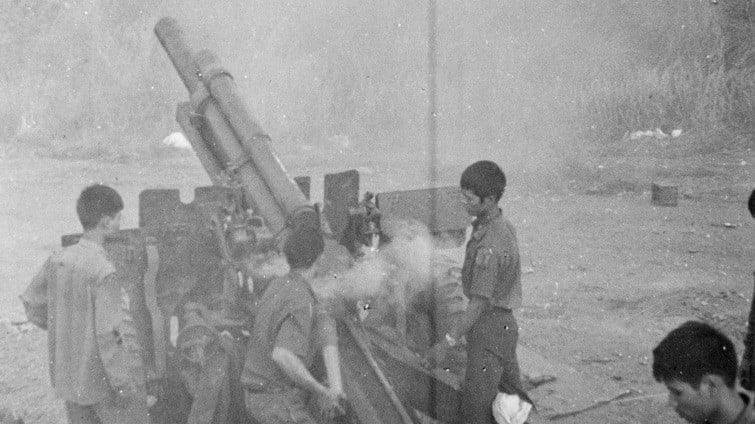




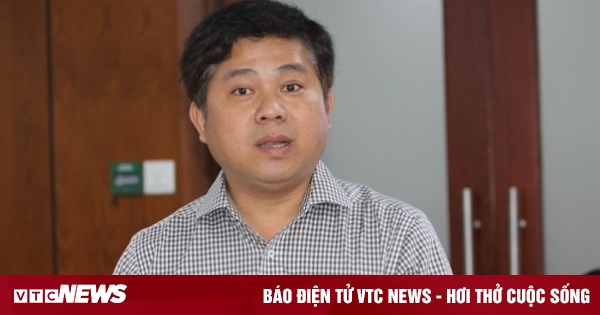



![[Photo] Summary of parade practice in preparation for the April 30th celebration](https://vstatic.vietnam.vn/vietnam/resource/IMAGE/2025/4/11/78cfee0f2cc045b387ff1a4362b5950f)





























































Comment (0)